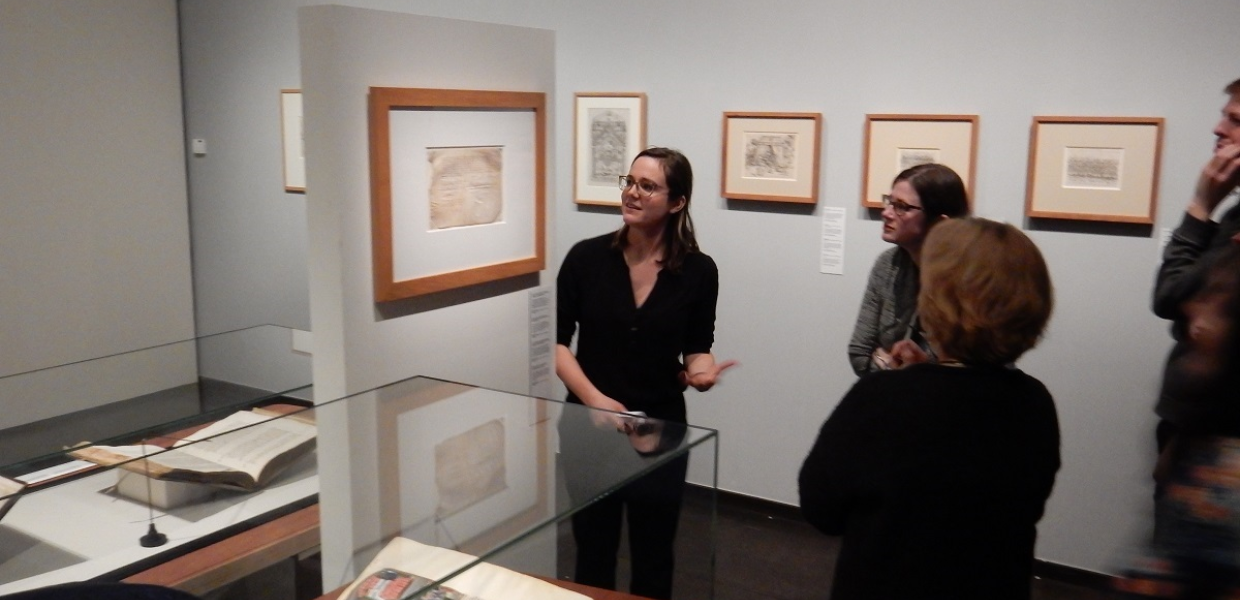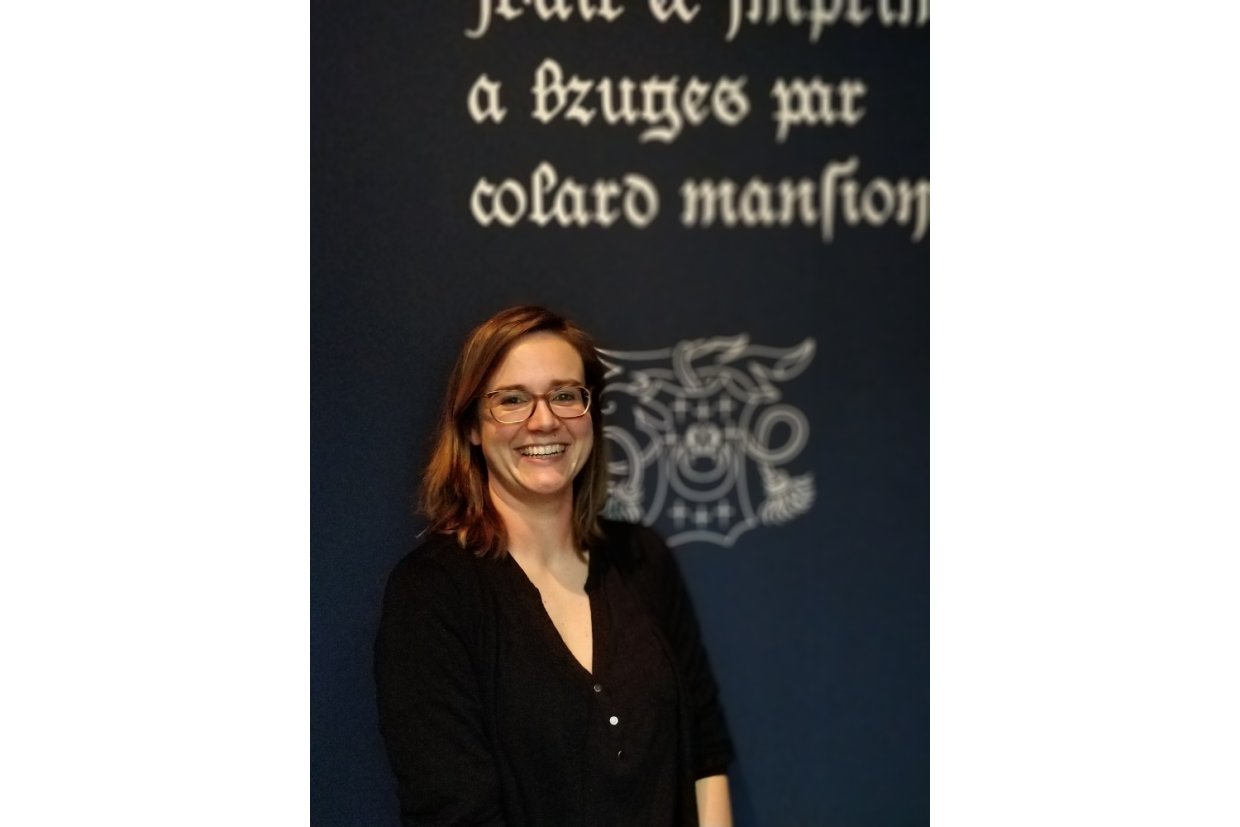Variation is definitely one of the stimulating aspects of my role. Every project, be it a digital project, a publication or an exhibition, offers new exciting ways to broaden my horizon in terms of knowledge, expertise, and networks. From creating a large exhibition on incunabula, to uniting monastic manuscripts via IIIF, to welcoming students for a workshop on medieval chronicles, there is never a dull moment!
What was your motivation for joining the Members Council?
While I was working intensely on the Europeana ARMA project, a Council Member approached me and suggested I should stand for election. I am certainly grateful for that initial nudge. From my involvement with ARMA, I thought it could be valuable to bring my perspective of recent first-hand experience with the aggregation and educational side of Europeana. Another motivation for joining the council was because I felt Europeana could benefit from some more (diverse) voices urging for the adoption of IIIF. Through our library’s collaboration with IIIF pioneers at Ghent University, I have become a full blown advocate for IIIF. The Europeana Network Association and the Europeana Foundation have already made important progress in this field, but there is still a long way to go. As a Council Member, I would like to join the effort by offering a curator’s insight in addition to the already present IT expertise.
And, in more general terms, I was motivated to join the Members’ Council because of the appeal of being able to contribute to an important European mission, working from my own strengths. I feel truly European at heart and wish to contribute to its noble cause in any way possible.
What do you plan to do as a Members Councillor?
Although I also have a soft spot for the educational role of Europeana, I have decided to focus my efforts on the expansion of digital capacity, specifically on the improvement of interoperability and discoverability via linked open data and IIIF. In my opinion high quality data is the foundation on which everything else is built. I am not an IT expert, but a curator’s perspective is necessary to bridge the gap between technology experts, collections, and end users.




